🎣 C.H. Robinson
Here is another round-up of the most engaging and talked-about freight content from around the web and from us.
Conflicting U.S. court rulings are reshaping the debate over whether freight brokers can be held liable for carrier crashes, testing federal preemption and redefining safety oversight in the industry.

The debate over broker transparency continues to escalate as courts across the U.S. issue conflicting rulings on whether freight brokers can be held liable when a carrier they hire is involved in a crash. At the center of this debate is the Federal Aviation Administration Authorization Act of 1994 (FAAAA) and whether its preemption clause shields brokers from state negligence claims, or if the “safety exception” opens the door for liability.

Broker transparency involves the standards of diligence and accountability that freight brokers must meet in selecting carriers. The question before the courts is whether brokers should bear responsibility for negligent hiring or if federal law shields them from such claims. The answer carries implications for:
Court: U.S. District Court, Northern District of Ohio
Date: November 2022
The court found negligence claims against a broker were preempted by the FAAAA. Judge Knepp stated:
“Plaintiffs’ bodily injury tort claims … are preempted by the 1994 Federal Aviation Administration Authorization Act … and not saved by the ‘safety exception.”
He later added, “The plain meaning of the words ‘safety regulatory authority of a State’ does not support the inclusion of private tort claims.”
Court: Illinois First District Appellate Court
Date: September 2023
“Alliance exercised little, if any control over Dakota’s and its drivers’ performance of the transportation work, as opposed to control over the result of the assigned task or matters ancillary to the work to be performed.”
It emphasized, “Alliance did not pay Dakota’s drivers and withhold taxes … hire, train or fire the drivers; dispatch or speak to the drivers; control the drivers’ routes or provide them with tools, equipment, or materials; or own the tractors or trailers the drivers used … Dakota … would perform services as an independent contractor.”
Court: U.S. Court of Appeals, Eleventh Circuit
Certiorari Denied: January 2025
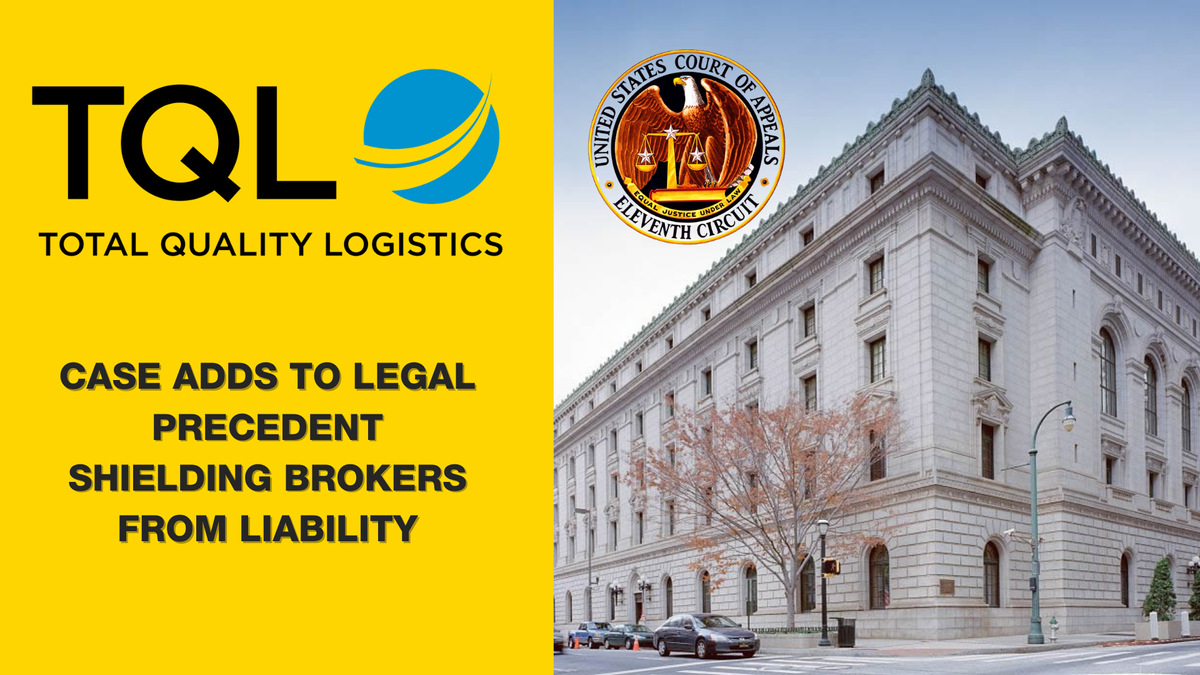
Court: U.S. Court of Appeals, Sixth Circuit
Date: July 2025
The Sixth Circuit reversed a lower court ruling in favor of TQL, holding that the safety exception could apply. The court noted:
“TQL disregarded public information, available via the Federal Motor Carrier Safety Administration website’s Safety Measurement System, indicating that Golden Transit was an unsafe motor carrier with a history of on-road safety violations and deficiencies.”
Attorney Bryan Nelson on the impact of the ruling:
“We now live in a world where the circuit courts are even (2–2), as the 6th Circuit has joined … in its ruling in Cox v. Total Quality Logistics.”
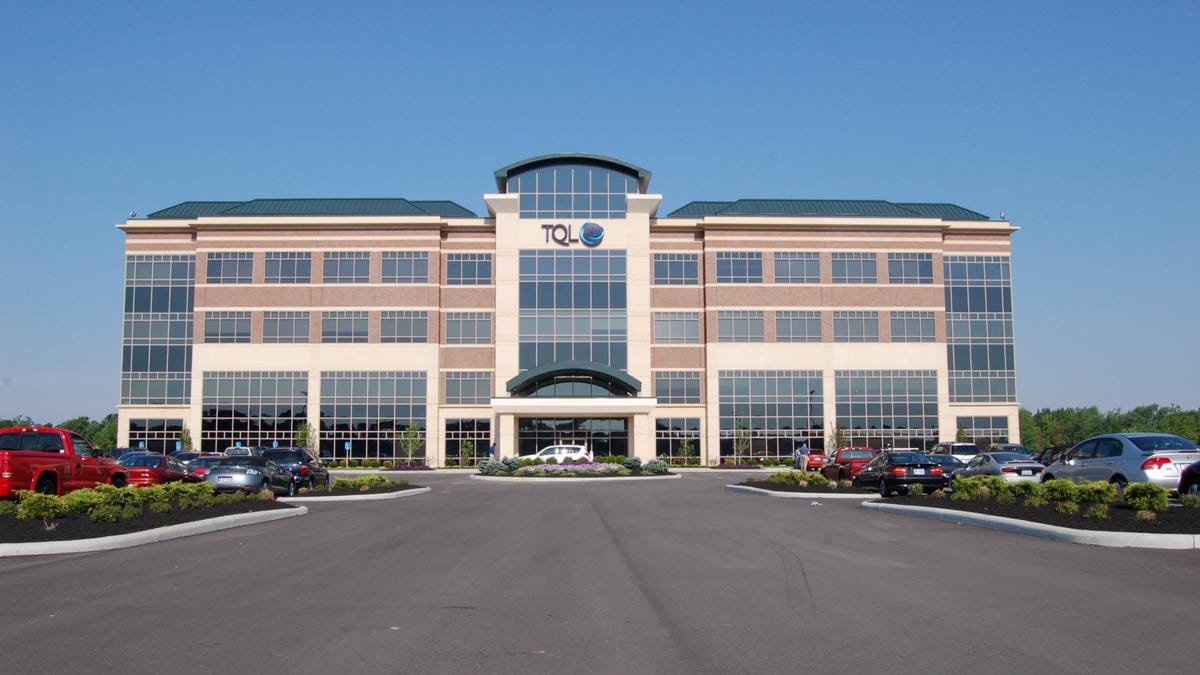
Court: U.S. Court of Appeals, Fifth Circuit
Status: Pending
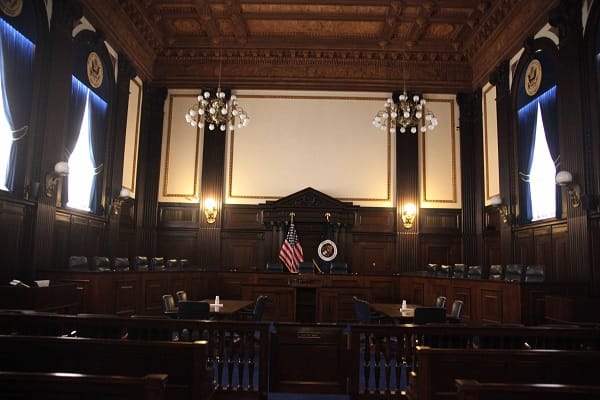
“The core of this claim is that the broker had a duty to act reasonably when selecting a motor carrier, and they breached that duty.”
Thus, from their perspective, brokers should be held liable.
“By recognizing common-law negligence claims, courts would impose in the name of state law a new and clear duty of care on brokers, the breach of which would result in a monetary judgment.”
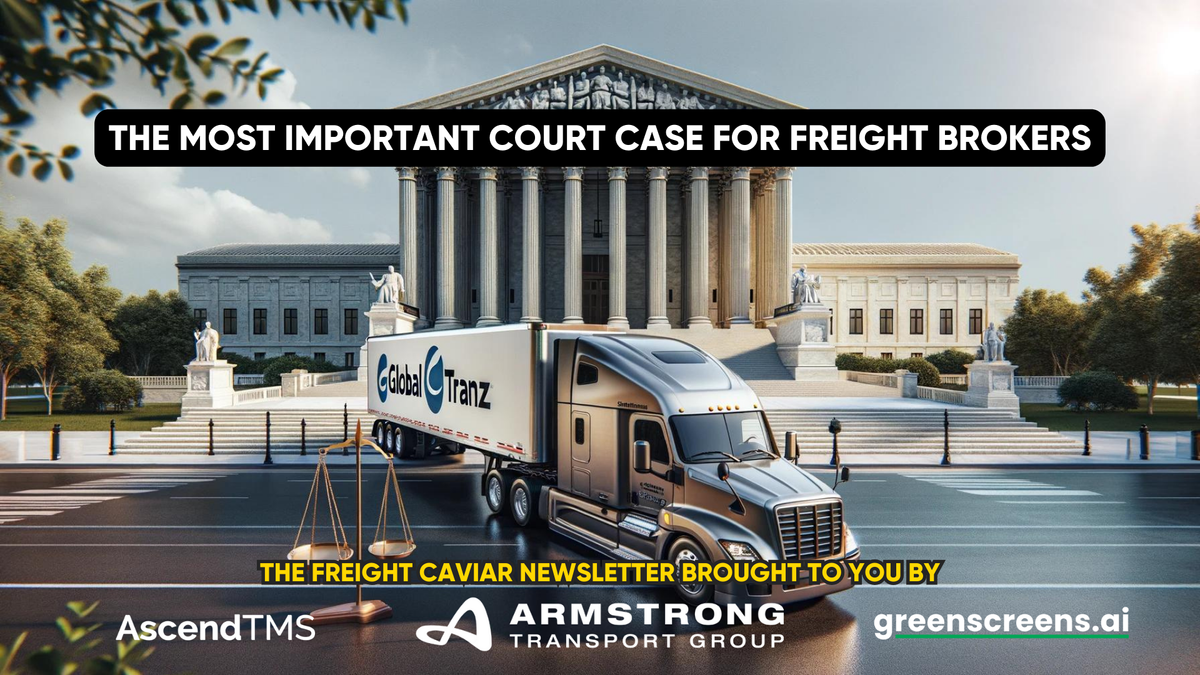
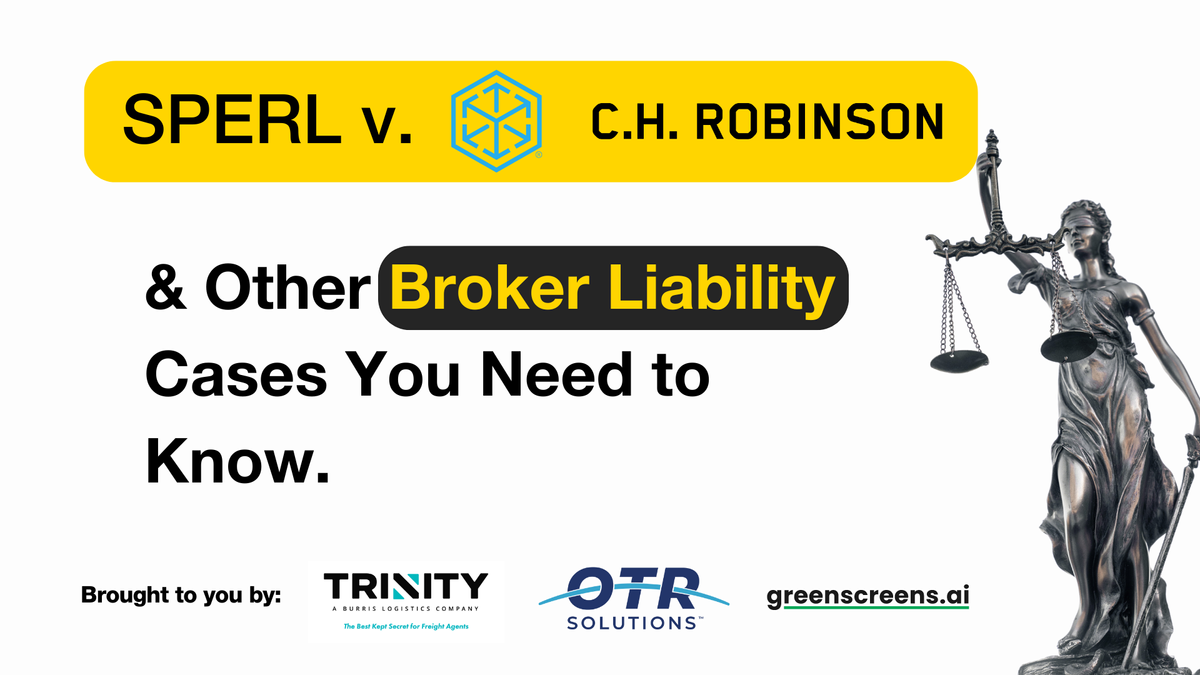
Broker transparency and liability remain unsettled issues. Courts are divided on whether the FAAAA shields brokers from state negligence claims or whether the safety exception creates accountability. With the circuit split now at 2–2, the Fifth Circuit’s forthcoming decision could set the stage for a Supreme Court ruling that reshapes broker liability across the freight industry.
Join over 14K+ subscribers to get the latest freight news and entertainment directly in your inbox for free. Subscribe & be sure to check your inbox to confirm (and your spam folder just in case).